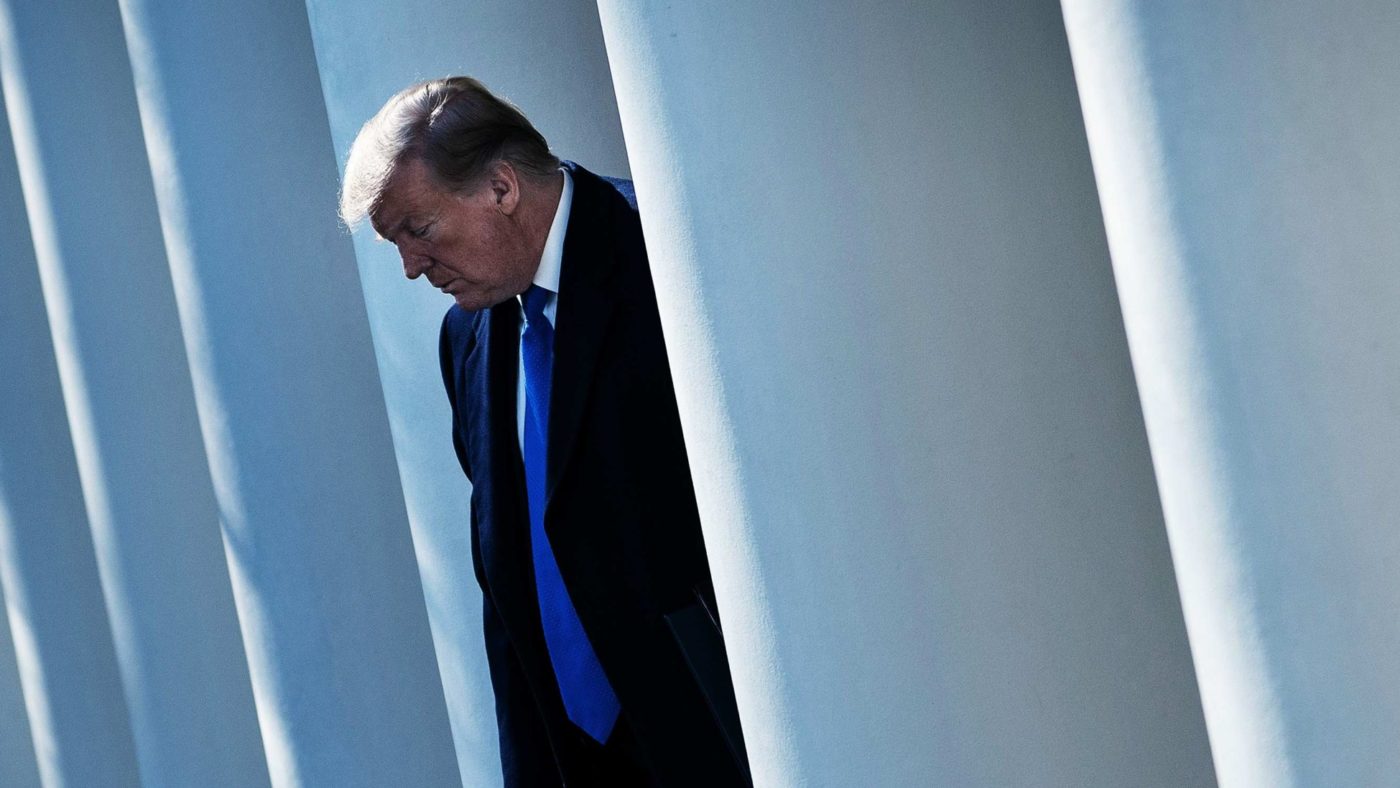Free trade has become close to a toxic subject in Britain and America over the last few years. So it’s worth reminding ourselves of just why it matters.
A year ago, more than 40 African leaders met in Kigali, the Rwandan capital, to sign a free trade agreement. Once it comes into effect, the African Continental Free Trade Area will mean tariff-free trade on 90 per cent of goods between 1.2 billion people.
As Alexander Hammond reported for CapX this week, the green light for the abolition of these barriers is just around the corner. Just two more countries need to ratify the agreement for it to enter into force.
At present, African countries trade comparatively little with one another. The share of intra-African exports as a percentage of the total is just 18 per cent. The figures for Europe and Asia are 69 per cent and 59 per cent, respectively.
The UN predicts that under AfCFTA, intra-African trade could increase by more than 50 per cent in just a few years. And unlike trade with the rest of the world, trade between African countries is more likely to involve manufactured goods and industrial products.
That means African businesses adding more and more value to raw materials, creating more and more wealth and, ultimately, generating higher living standards.
If that sounds like a blithely confident assertion, it is because we have seen this movie before. Trade liberalisation has, time and again, gone hand in hand with growth and poverty reduction.
The self-evident economic benefits of free trade (not to mention the positive social and cultural effects), and the enthusiastic embrace of tariff-free exchange by some of the world’s poorest countries, makes the myopic approach to the issue adopted by some in the West all the more frustrating.
The world’s most famous protectionist is, of course, Donald Trump. And it has not been a good week for ‘tariff man’, as the US President once labelled himself.
Trump subscribes to the outdated and discredited view that what matters most is not the volume of trade, but the direction. On the campaign trail, he promised to close the gap between imports and exports. On Tuesday, we learnt that the gap has in fact widened by more than $100 billion since Trump took office and reached a ten-year high of $621 billion at the end of last year.
This, in spite of the tariffs Trump has imposed as part of his trade war with China – tariffs that, as my colleague John Ashmore reported on Monday, have been passed on in their entirety to the US consumer.
The gap between the President’s trade war rhetoric and the consequences of his actions makes George W. Bush’s declaration of ‘mission accomplished’ in Iraq look understated.
In Britain, our leaders are rather more in tune with the economic basics. This week we learnt of the Government’s bold plan to cut 80-90 per cent of the UK’s tariffs if Britain leaves the EU without a deal. Similar moves was also part of a package of measures proposed in ‘A Budget for No Deal’, a new paper by CapX’s parent think tank, published yesterday.
This was welcome news. But to those of us convinced of the benefits of free trade, the obvious next question was: why not make this an objective for Britain after Brexit, deal or no deal?
This is usually the point at which trade experts and lawyers will start shaking their heads. Britain is a services economy, they will tell you. Tariffs no longer matter that much. Unilaterally scrapping them means giving up bargaining chips in future trade negotiations.
But these arguments are pulling in different directions. If tariffs don’t matter, are they really such important bargaining chips? As Ryan Bourne pointed on CapX this week, two-thirds of global tariff reductions between 1983 and 2003 were done unilaterally, and in many cases by countries that managed to strike plenty of FTAs at the same time.
Trade is indeed complicated. And there is indeed a lot more to it than tariffs – which is why FTAs are important, and also why there are unavoidable trade-offs between liberalisation and sovereignty.
But this should not distract from the essential truth about trade: the more of it, and the freer, the better for all those involved.
Hopefully Africa will soon serve as a reminder of the needless harm caused by governments creating impediments to free exchange, and the kind of prosperity that is generated when they get out of the way.


